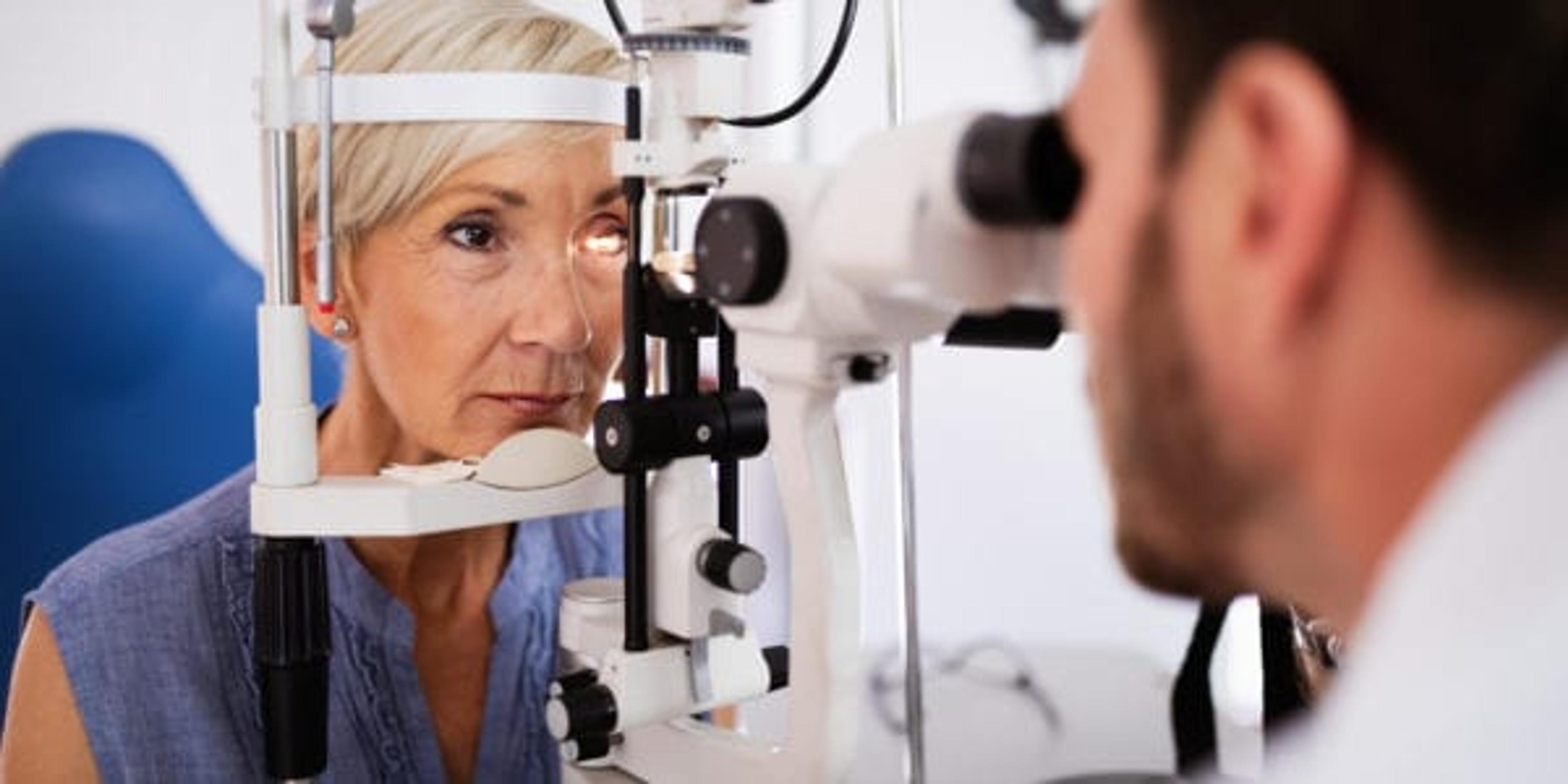Tips for Better Eye Health
Shandra Martinez
| 3 min read

Remembering to slip on your sunglasses when you head outside can help protect your eyes, but it is not the only way to take care of your baby blues, browns or greens. Lifestyle changes to improve your diet, exercise routine, screen time habits and even your bedtime can impact how your eyes feel and function. Use these tips for better eye health to help safeguard your vision.
More than 4 million people age 40 or older in the United States have an uncorrectable vision impairment, according to the Centers for Disease Control and Prevention. By 2050, this number is expected to surpass 8 million people, in part due to the increasing number of people with chronic health issues like diabetes, which can impair eyesight.
Eating well for your eyes. The same diet filled with vegetables, fruits and whole grains that can help keep your heart healthy is also good for your eyes, vision specialists say. So, load up on dark, leafy greens and the omega-3 fatty acids found in tuna and salmon. Then go further and eat a rainbow of vibrantly colored foods that are good for your eyes, according to the American Academy of Ophthalmology. Here are their suggestions by category:
Vitamin A
- Carrots
- Sweet Potatoes
- Cantaloupe
- Apricots
Vitamin C
- Citrus fruits like oranges, grapefruits and lemons
- Peaches
- Strawberries
- Red bell peppers
Vitamin E
- Avocadoes
- Almonds
- Sunflower seeds
Stop smoking. Did you know smoking is bad for your eyes? People who regularly use tobacco products have a higher risk of developing vision problems like cataracts and macular degeneration, according to the National Eye Institute. It’s one more reason to ditch your cigarette habit.
Stick to regular workouts. Making exercise a daily routine can help prevent vision problems and keep your eyes healthy. That’s because being physically active reduces a person’s risk of developing chronic conditions like diabetes, high blood pressure or high cholesterol – all health issues that can also affect the eyes.
Don’t skimp on sleep. Many of us know what it’s like to wake up after a too-short night of sleep with eyes that feel fuzzy. If lack of sleep becomes a regular occurrence, it can lead to itchy or bloodshot eyes, or even chronic conditions like dry eye when the body fails to produce enough tears – a natural lubricant – to keep the eyes healthy. Adults should strive for at least seven hours of sleep each night to give the eyes time to rest.
Watch out for dry eye. As we mentioned above, lack of sleep can cause eyes to feel dry and itchy. But other things can set the stage for dry eye, too. Over the counter eye drops and gels can provide some relief, but to prevent the problem, make sure you’re avoiding these common causes, according the Mayo Clinic:
- Moisturize the air: If the air in your house is dry, add a humidifier, especially in the winter.
- Give your eyes a break: Reading, watching television, playing video games or even just working on the computer means you are concentrating for long stretches and might not be blinking enough. Take regular breaks, close your eyes for a minute, then blink repeatedly.
- Move your computer screen below eye level: Lowering your screen means you are not opening your eyes as wide to see it, which keeps your eyes more hydrated.
Related:
Photo credit: Getty Images





